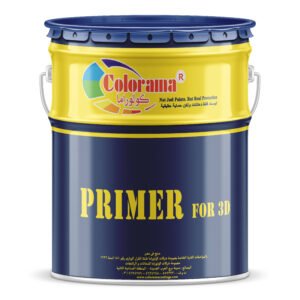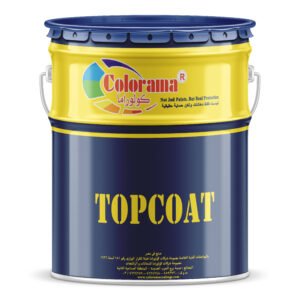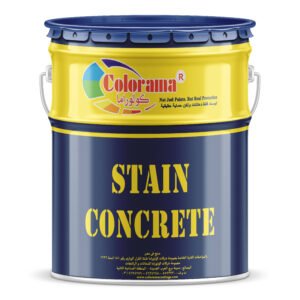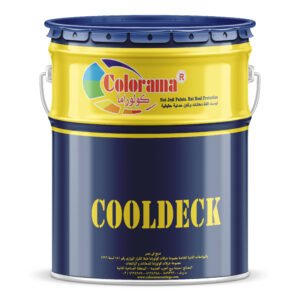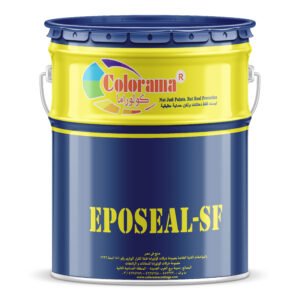Flooring Coatings
Flooring coatings are a type of protective layer that is applied to the surface of floors to enhance their performance, appearance and durability. Flooring coatings can be used for various purposes, such as:
- Protecting the floor from wear, abrasion, corrosion, chemical spills, stains, moisture and other environmental factors.
- Improving the safety and hygiene of the floor by providing slip resistance, anti-microbial properties, fire resistance and easy cleaning.
- Enhancing the aesthetics and functionality of the floor by adding color, texture, patterns, logos, markings and other decorative features.
- Reducing the maintenance and repair costs of the floor by extending its service life and reducing the need for frequent replacement.
There are many types of flooring coatings available in the market, each with its own advantages, disadvantages and applications. Some of the most common types are:
- Epoxy coatings: These are made of epoxy resin and a hardener that react chemically to form a hard, durable and glossy coating. Epoxy coatings are known for their high strength, adhesion, chemical resistance and abrasion resistance. They are ideal for industrial, commercial and residential floors that are exposed to heavy traffic, mechanical stress and harsh chemicals. However, epoxy coatings also have some drawbacks, such as long curing time, sensitivity to temperature and humidity, tendency to crack or peel under UV exposure and difficulty in application.
- Polyurethane coatings: These are made of polyurethane resin and a catalyst that cure by moisture or heat to form a flexible, resilient and matte coating. Polyurethane coatings are known for their excellent abrasion resistance, impact resistance, UV resistance and weather resistance. They are suitable for outdoor, indoor and sports floors that require high durability, elasticity and aesthetic appeal. However, polyurethane coatings also have some limitations, such as high cost, odor emission, flammability and sensitivity to moisture.
- Acrylic coatings: These are made of acrylic resin and a solvent that evaporate to form a thin, transparent and glossy coating. Acrylic coatings are known for their low cost, fast drying time, easy application and UV resistance. They are suitable for light-duty floors that require low maintenance, color retention and stain resistance. However, acrylic coatings also have some disadvantages, such as low durability, poor adhesion, low chemical resistance and low abrasion resistance.
- Polyaspartic coatings: These are made of polyaspartic resin and a hardener that cure rapidly by heat or UV light to form a thick, clear and glossy coating. Polyaspartic coatings are known for their high durability, adhesion, chemical resistance and UV resistance. They are suitable for high-performance floors that require fast curing time, high gloss and low VOC emission. However, polyaspartic coatings also have some challenges, such as high cost, limited pot life, difficulty in application and sensitivity to temperature.
Showing 1–12 of 29 results
